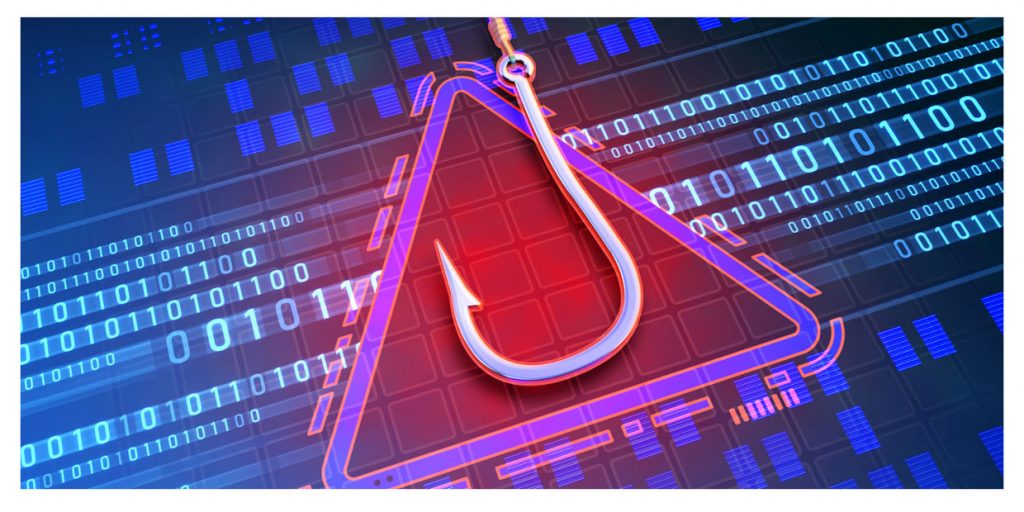How to Recognize and Protect Yourself From Scams

How to Recognize and Protect Yourself From Scams
Cyber scams are on the rise and it is important to recognize and protect yourself from scams that can harm your personal data as well as your finances. We will review how scammers target people and what a scam looks like.
Five Ways to Spot a Scammer
- They ask for detailed information before agreeing to process an application.
- They insist on a specific method of payment.
- They send a check for an inflated amount to a seller or “employee,” and then ask the victim to mail them the extra money. Of course, the original check will not clear.
- You can’t find any information about the company the caller allegedly represents.
- You’re pressured to act now.
Who Are the Targets?
Here are some of the most common targets of scams:
- The unemployed. If you’re job-hunting, don’t respond to emails offering you a “dream position” you never applied to have.
- The aging. Older people often spend lots of time online. They can also be less aware of the dangers lurking there.
- Children. Children will more readily share information with strangers, which can then be used to steal their identity.
What Do Scams Looks Like?
These are some of the most common scams:
- Cyberhacking: Hackers gain remote access to your computer and personal information.
- Phishing scams: Scammers bait you into sharing personal information, which they use to hack your accounts or steal your identity.
- Mystery shopper: A bogus company will “hire” you to purchase an item in a store and then report back on the experience. Before you get started, though, you’ll have to pay a hefty fee, which you’ll never see again.
- Job offers: Scammers “hire” you for a position and then scam you by sending you an inflated check, as detailed above.
- Sweetheart scams: A scammer pretending to be an online lover will con you into sending them money and gifts or sharing personal information.
- Fraudulent investments: Scammers reach out to victims with information about lucrative investments that don’t exist.
10 Ways to Protect Yourself From Scams
- Never share personal information online.
- Don’t open unsolicited emails. If you do, don’t click on any links in them.
- Never send money by insecure methods to an unknown party.
- Protect your devices by using the most current operating systems, choosing two-factor authentication and using strong, unique passwords for every account.
- Choose the strongest privacy settings for your social media accounts.
- Keep yourself in the know about the latest scams.
- Educate your kids about basic computer safety and privacy.
- If you have elderly parents, talk to them about common scams and teach them to protect themselves.
- If a government agency or a company calls and asks you to share personal information, tell them you’ll contact them on your own.
- Never accept a job or pay for a purchase or service without researching the company involved.
Content Source: CUContent






